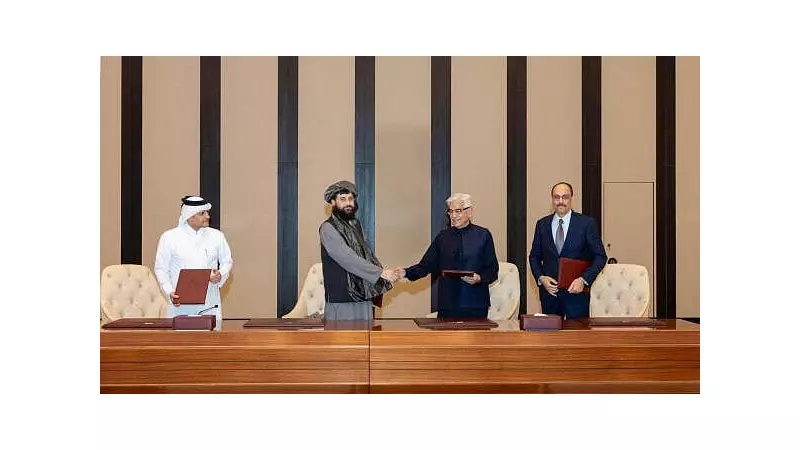
In a significant diplomatic setback, Pakistan has officially confirmed the collapse of crucial negotiations with Afghanistan's Taliban-led government. The breakdown comes amid escalating tensions between the neighboring nations, with Islamabad pointing fingers at Kabul for reneging on previously agreed commitments.
Diplomatic Relations Hit New Low
The much-anticipated talks, which were seen as a potential turning point in strained Pakistan-Afghanistan relations, have ended in disappointment. Pakistani officials revealed that despite initial progress and mutual understanding, the Afghan delegation unexpectedly changed course during final discussions.
"We entered these negotiations with genuine hope and clear objectives," stated a senior Pakistani diplomat familiar with the proceedings. "However, our counterparts from Kabul demonstrated a troubling pattern of backtracking on previously settled matters, particularly concerning security cooperation and border management."
Security Concerns Take Center Stage
The core dispute revolves around Pakistan's longstanding concerns about militant groups operating from Afghan soil. Islamabad has repeatedly emphasized the threat posed by the Tehreek-e-Taliban Pakistan (TTP) and other extremist elements that it claims enjoy safe havens in Afghanistan.
Key areas of disagreement included:
- Cross-border militant activities and counter-terrorism cooperation
- Mechanisms for preventing terrorist infiltration
- Intelligence sharing protocols
- Joint border patrol arrangements
Regional Implications
The failed talks carry significant implications for regional stability and security dynamics. As neighboring countries watch closely, the diplomatic impasse threatens to exacerbate existing tensions and potentially lead to increased cross-border incidents.
Regional analysts suggest that the breakdown reflects deeper issues in Pakistan-Afghanistan relations, complicated by the Taliban's return to power in 2021 and ongoing security challenges facing both nations.
What Comes Next?
While both sides have expressed theoretical willingness to continue dialogue, the immediate future appears uncertain. Pakistani officials indicate they are reassessing their approach to bilateral relations, while Afghanistan's Taliban leadership maintains its own perspective on the disputed issues.
The international community, particularly countries with strategic interests in South Asian stability, is closely monitoring the situation as it develops.





